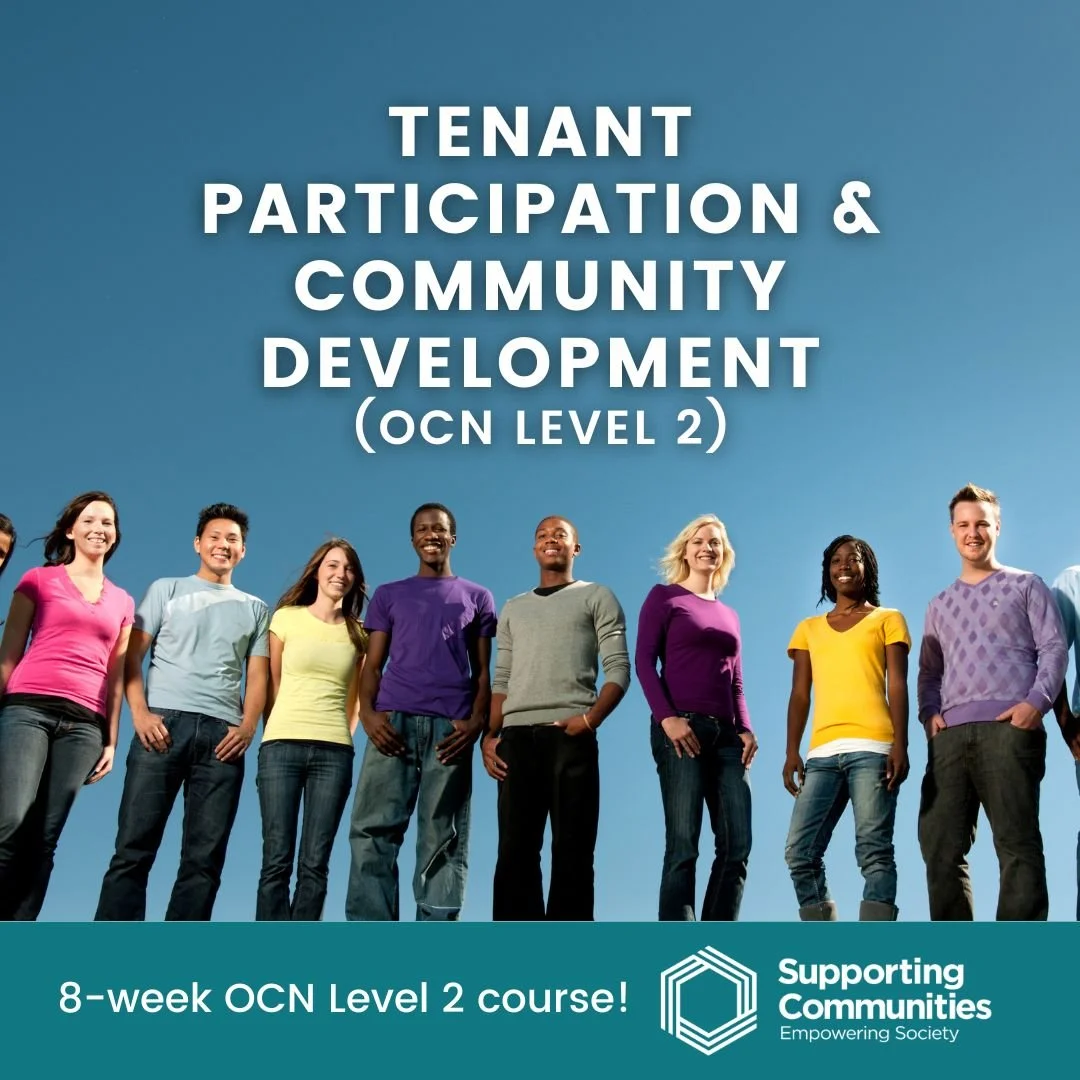The Amp Survey Says Yes to Intermediate Rent
/The Amp Survey on Intermediate Rent garnered just under 100 responses in a little over two weeks this December.
Our short survey touched on some of the main questions that the Department for Communities is looking at in its longer consultation process on the idea of introducing a new type of tenancy to Northern Ireland.
We hope this snapshot of opinions from our groups and colleagues will supplement the larger consultation process by providing a quick and easy way for people to get involved and have a say.
Although the questions we asked were streamlined, many people took the time to write detailed explanations for their choices providing a very rich response! Thank you to everyone who got involved.
The Results
We received 95 completed surveys from people all across Northern Ireland, living in various types of tenancies, and from all age ranges. We did not notice any significant differences based on these identifiers so the results presented below reflect the responses as a whole.
Overwhelmingly, respondents were open to the idea of Intermediate Rent with 80% agreeing or strongly agreeing that it should be an option for renters here in Northern Ireland.
Comments on this first question reflected the need for more information about how it would work in practice as well as reinforcing the premise that private renting was unsuitable for many.
Many commenters offered themselves and their situations as examples for why there needs to be another tenancy option beyond what we have now.
“It is abysmal the price people have to pay privately to landlords, they name their price and for those who have to make ends meet it is more than difficult.”
“This would open up so many options for those on the waiting list who have been on the WL for years and keep getting pipped to the post by those who have higher points. It would help with housing stress in NI.”
Who should be eligible?
The second question asked about income eligibility for a potential scheme. Although most people agreed there should be some limit on who should access this type of tenancy, it wasn’t as cut and dry as implementing an income cap.
Over a fifth of respondents disagreed with the notion of an income-based test with another 22% saying they weren’t sure.
The comments here run the gambit, and again, several respondents cited personal situations to illustrate their thought processes. There were many comments demonstrating a concern around fairness and equality and the idea that circumstances can change quickly.
“I wish to use my own situation as an example. I am aware that there are people who could exploit this housing option however, there are people, like myself, who on paper look like they do not need it but I am very much in need of an option like this. I feel it would be best to assess on individual circumstances in a holistic manner as opposed to financial only.”
Who should provide the homes?
As a charity that works closely with the Housing Executive and housing associations, we were very interested in the question of who would be the housing provider in an Intermediate Rent scheme.
We asked who would be trusted to provide the homes for Intermediate Rent. Respondents could choose as many options as they liked as well as write in their own ideas. ‘Organisations with experience of housing provision’ was the top choice result.
The Housing Executive was mentioned several times in the comments as were Community Groups and the need to avoid bias.
“It’s important that the organisations are regulated and have clear guidance.”
“The standard of NIHE accommodation far outweighs some private developers which are often cosmetic finishes that aren't durable.”
Who would want Intermediate Rent?
Next, we asked respondents to think about who this new type of tenancy might appeal to. Again, they could select more than one option from a multiple-choice list.
All the suggested options including those in housing stress, young people saving to buy, and anyone paying more than a quarter of their income on rent, were popular options.
“Frankly it should be open to anyone, as people require accommodation for so many different reasons. As stated the key is affordability.”
“Those paying over the odds for insecure and possibly inadequate housing.”
“Disabled and older people could avail of this if the provision of walk in showers, lifts, etc was guaranteed in buildings where the scheme operates.”
Additional Support?
At Supporting Communities, we know housing is about much more than bricks and mortar. We help housing providers to engage with their tenants and support them with services that go far beyond just providing a house. Our last question asked if the provider of Intermediate Rent housing should also provide additional support services to their tenants.
Money and benefits advice came out on top, although there were a fair few who wrote in to say that no additional support or services should be offered.
“Advice about benefits and Money Advice are the essential support services that should be offered. In the first instance assistance should be given to people that will help them to retain their tenancies.”
“Private tenants get a much worse support system than social tenants , so any chance to improve this is welcome.”
“None if it meant an increase in costs which are passed on to tenants, its about making houses affordable.”
Conclusions
Our short survey tells us that many people are interested in the idea of Intermediate Rent and that there is certainly a demand for better housing options than some have access to at the moment. Housing is a very personal issue in many ways and can elicit some strong feelings. The comments on this survey demonstrate that perceived fairness will need to be a key consideration for any future scheme.
We will share all the comments we received with those running the full consultation as we look forward to learning more about any further development of an Intermediate Rent scheme for Northern Ireland.












